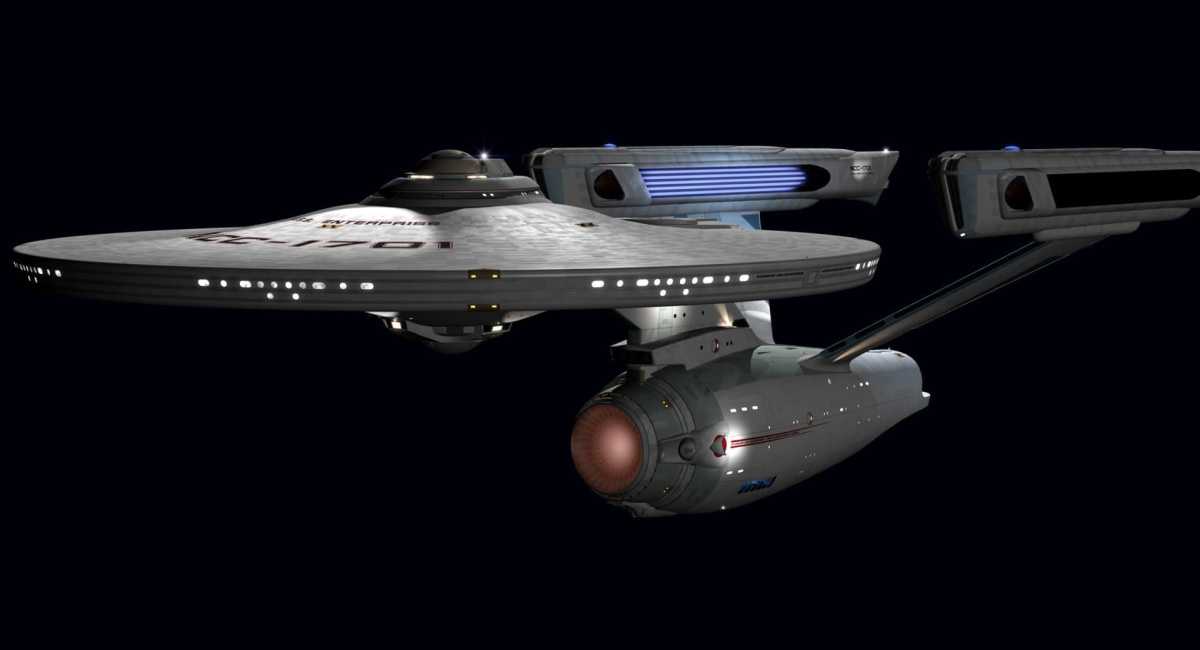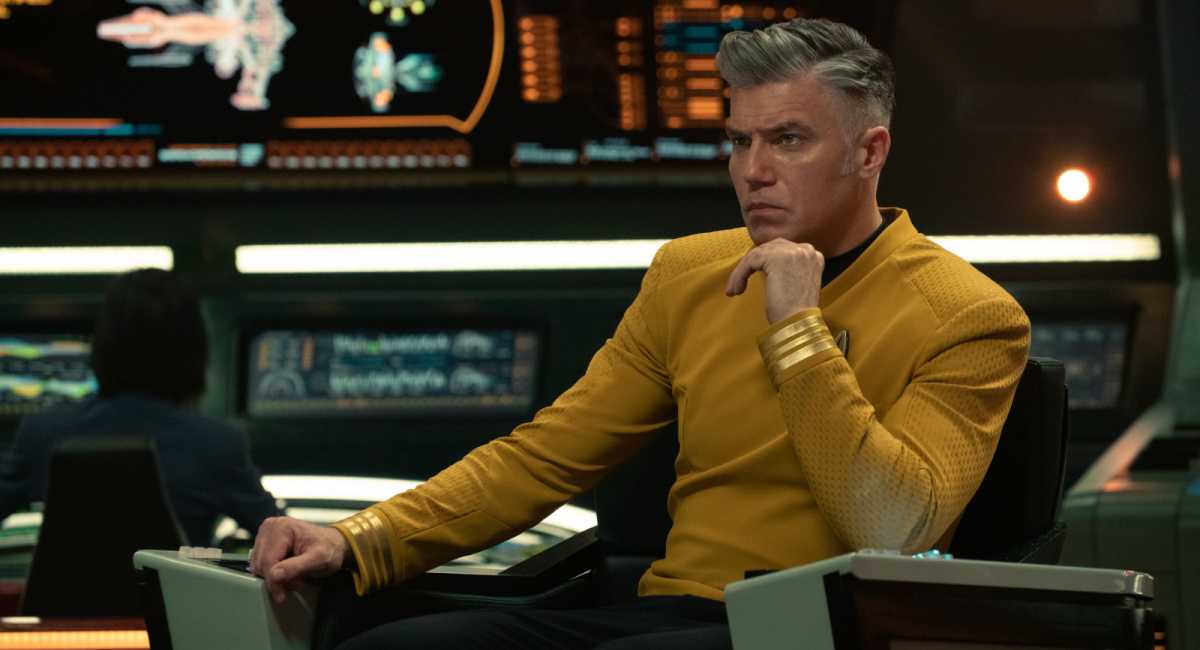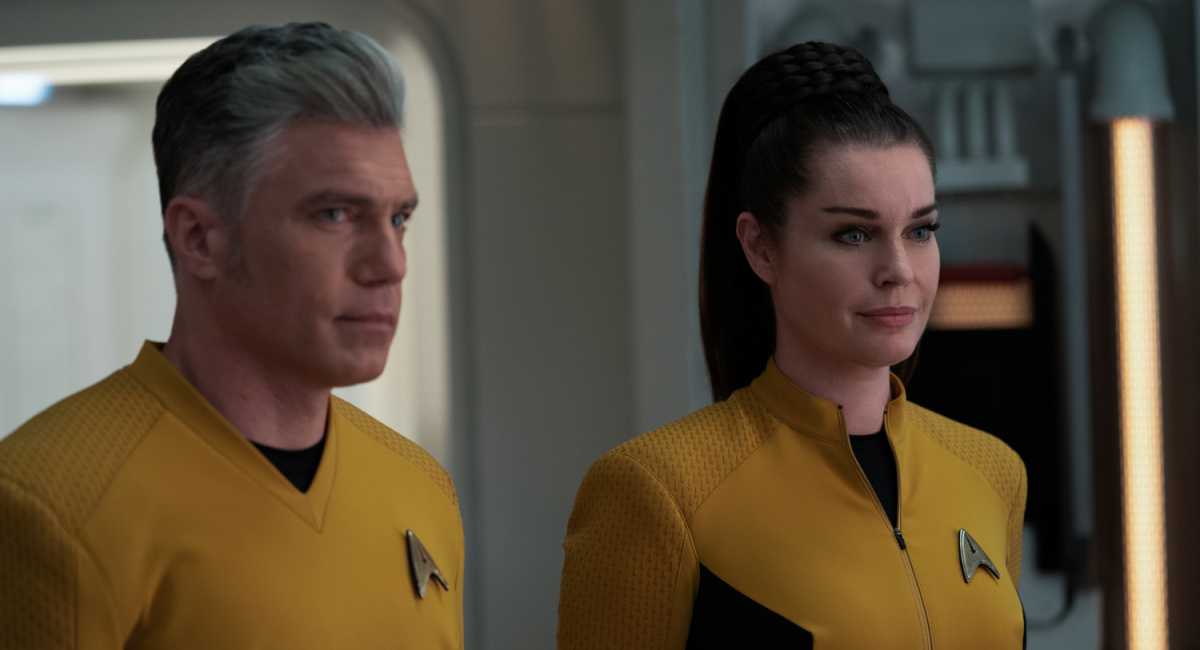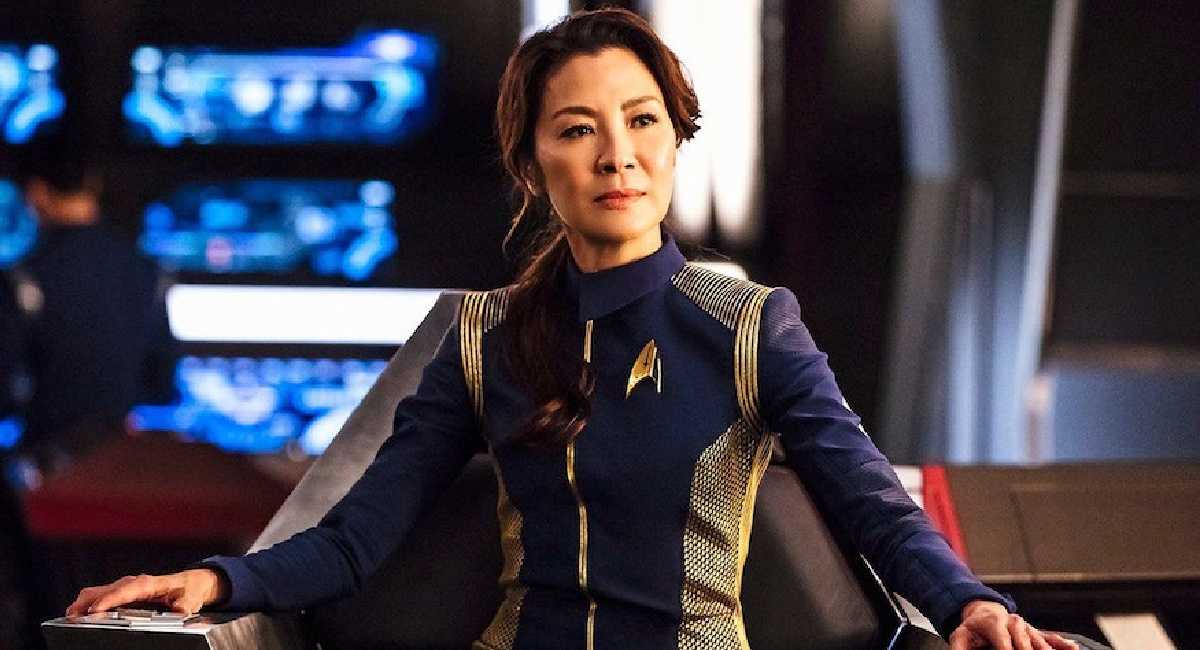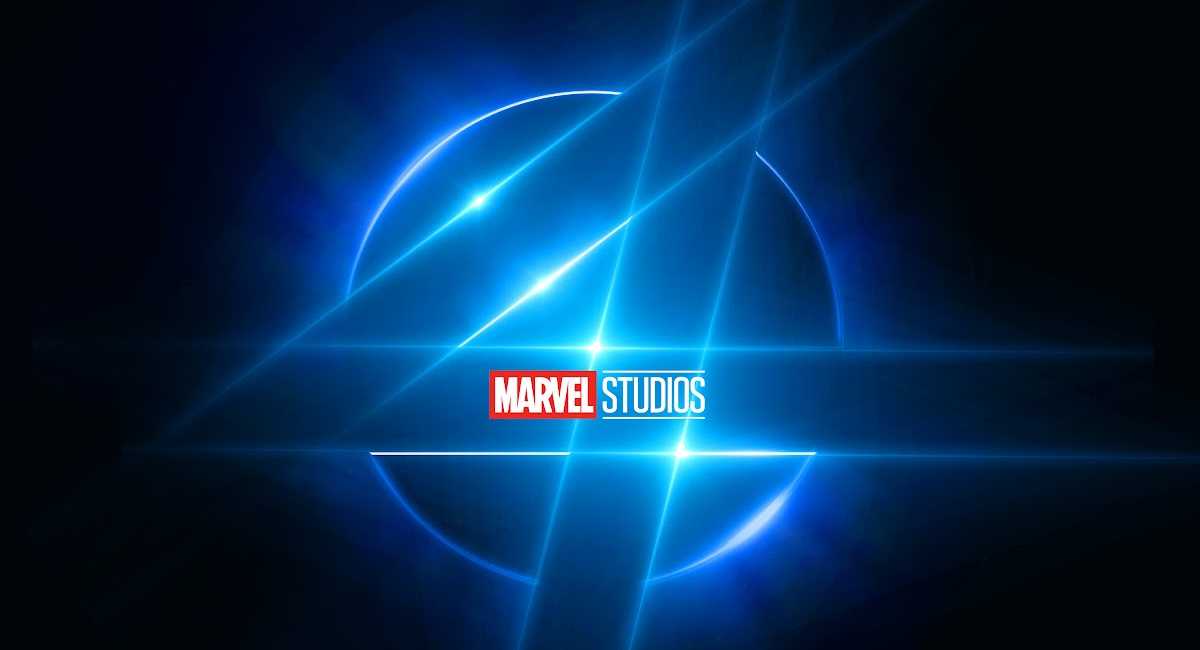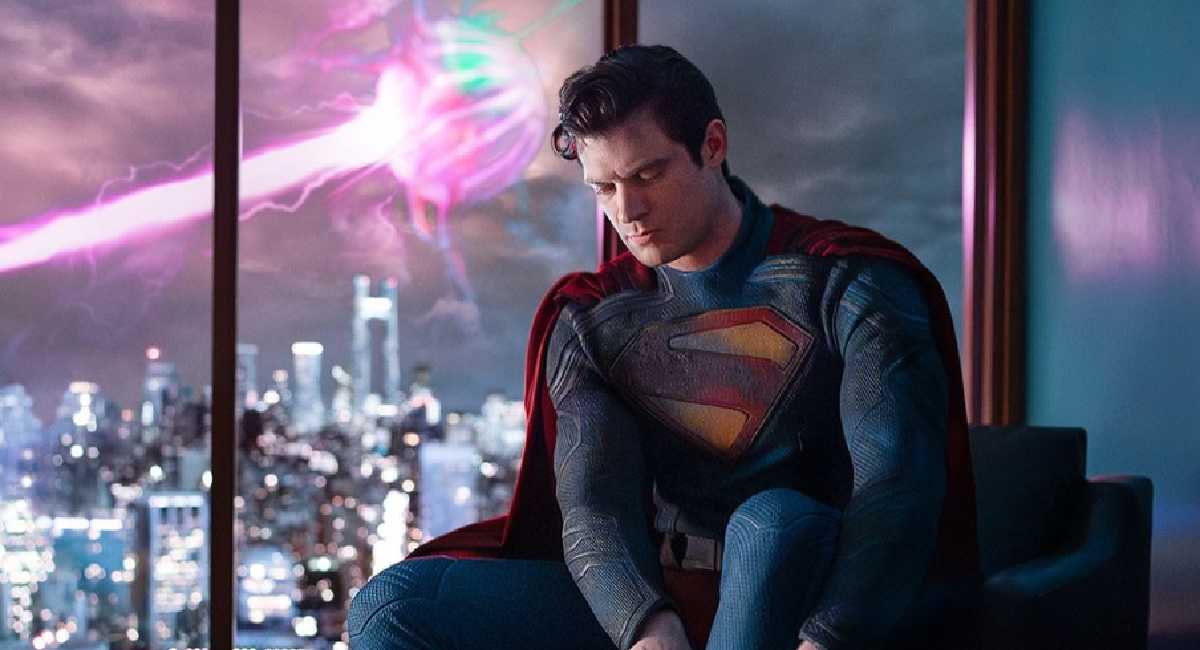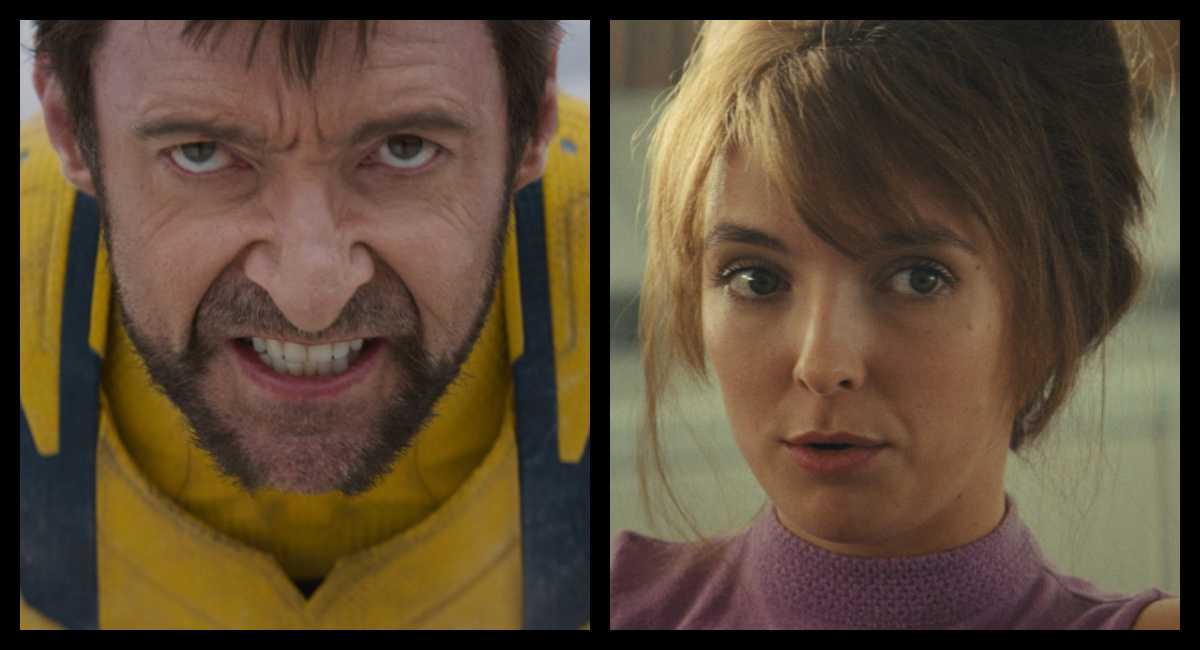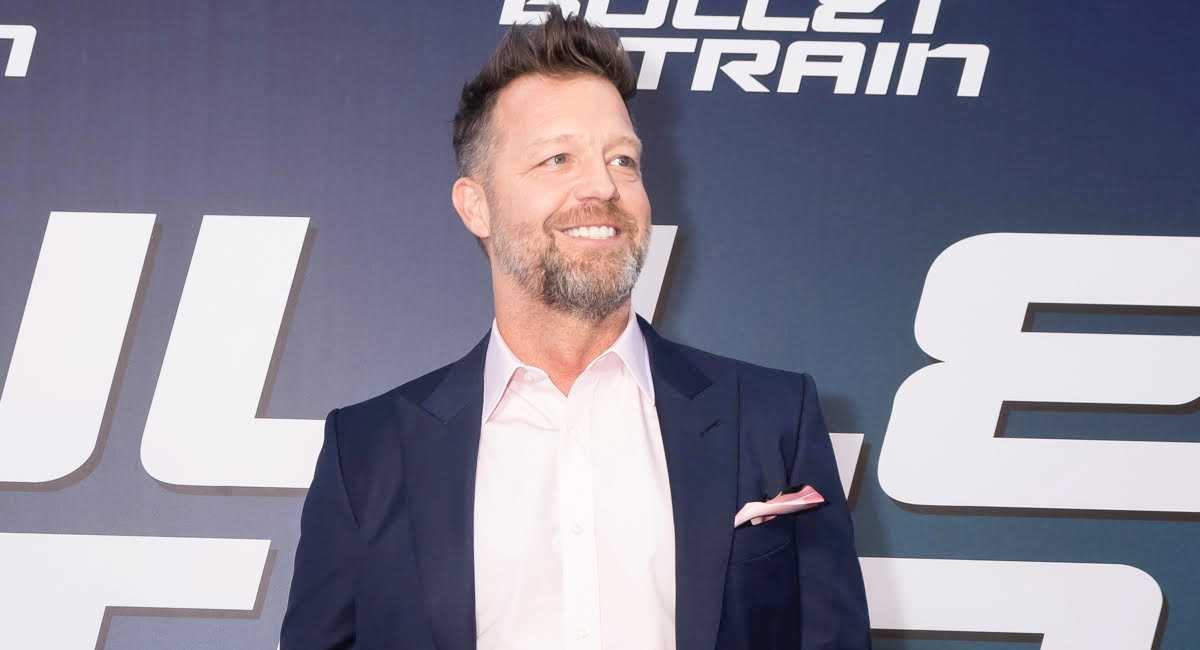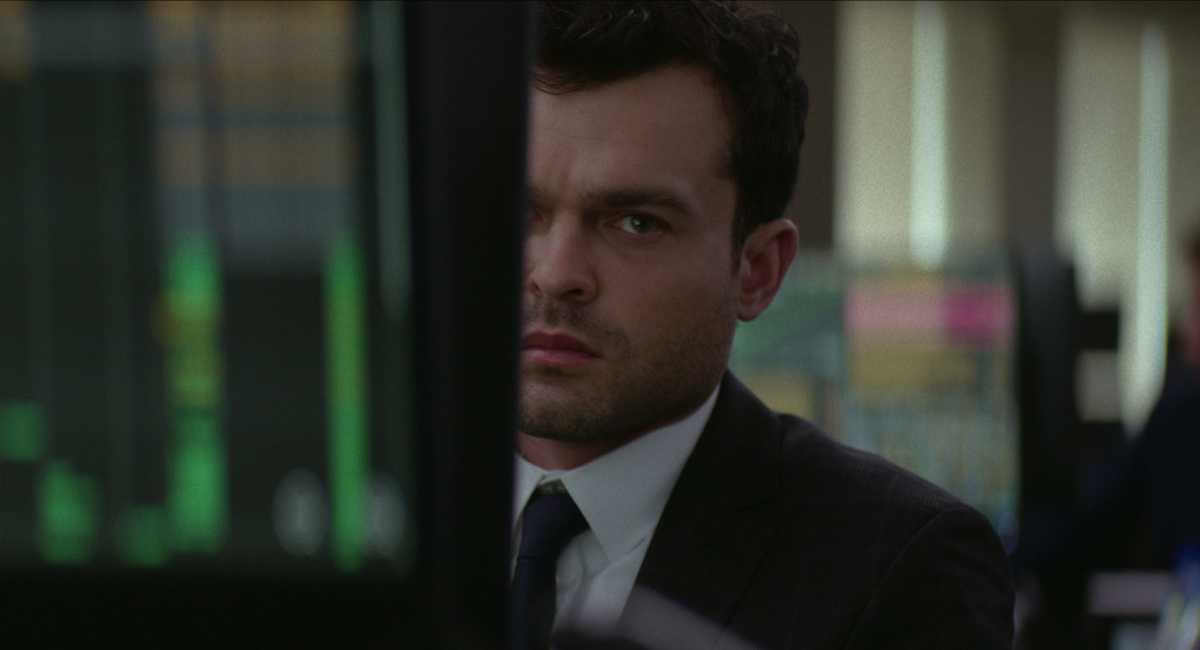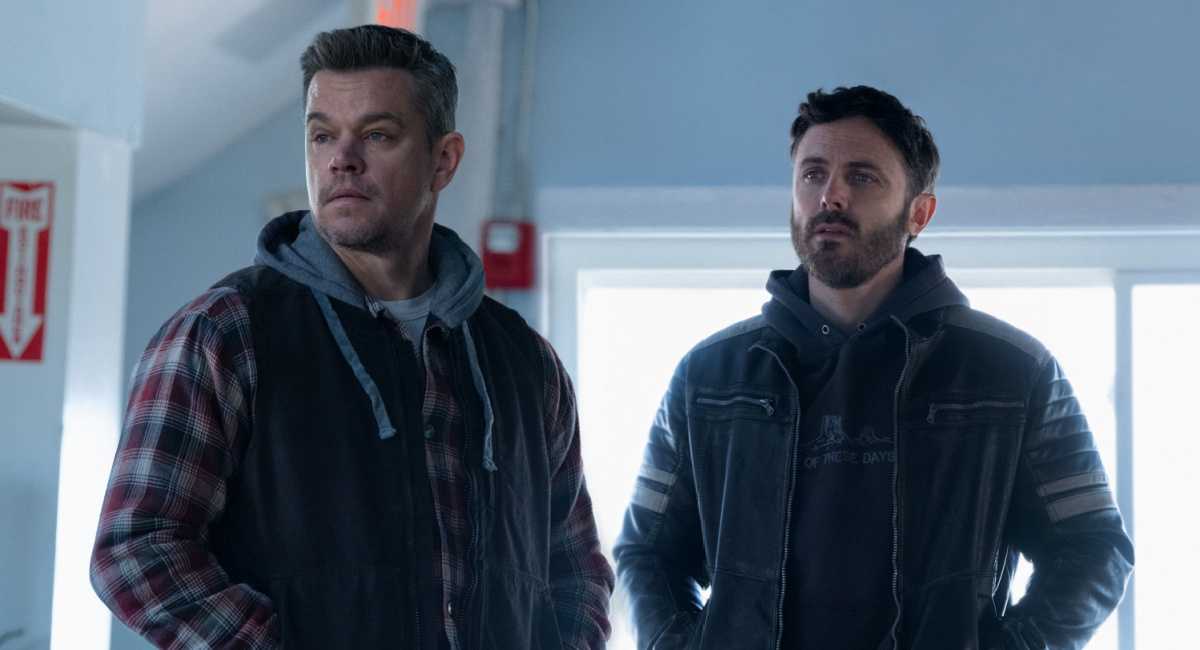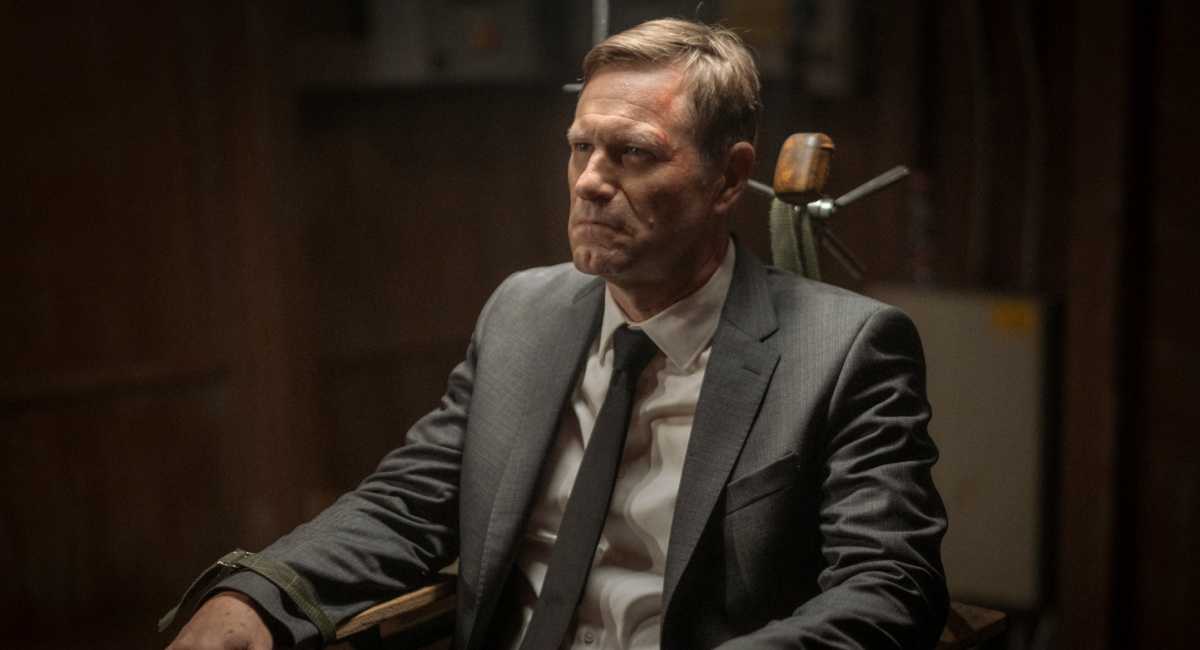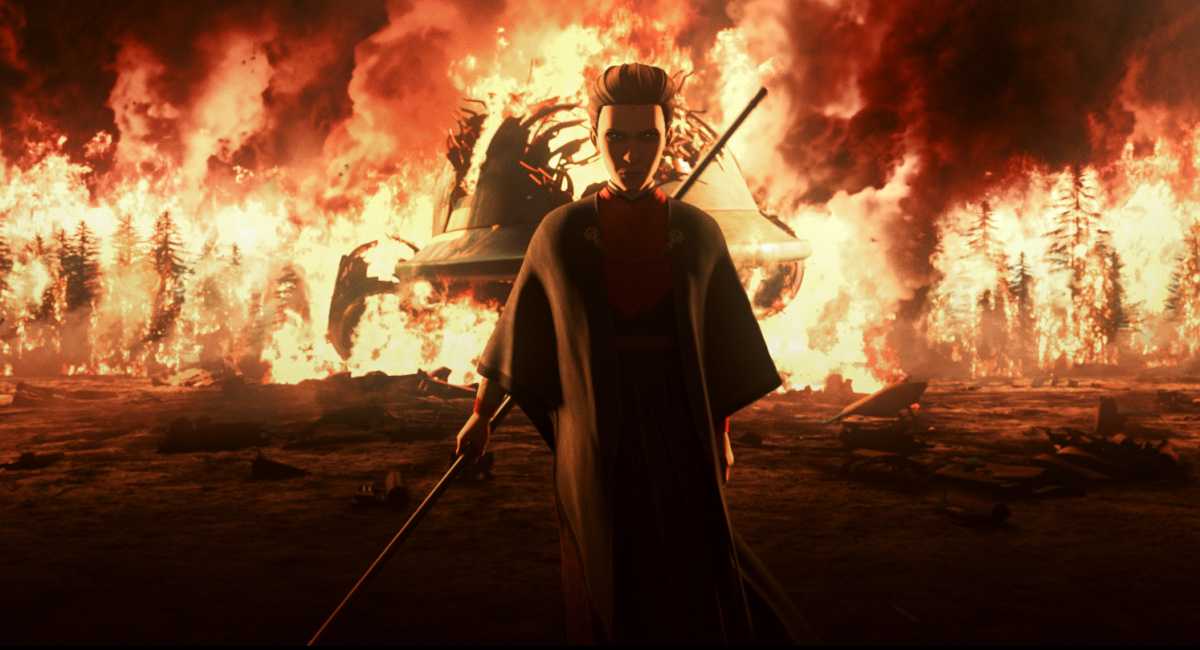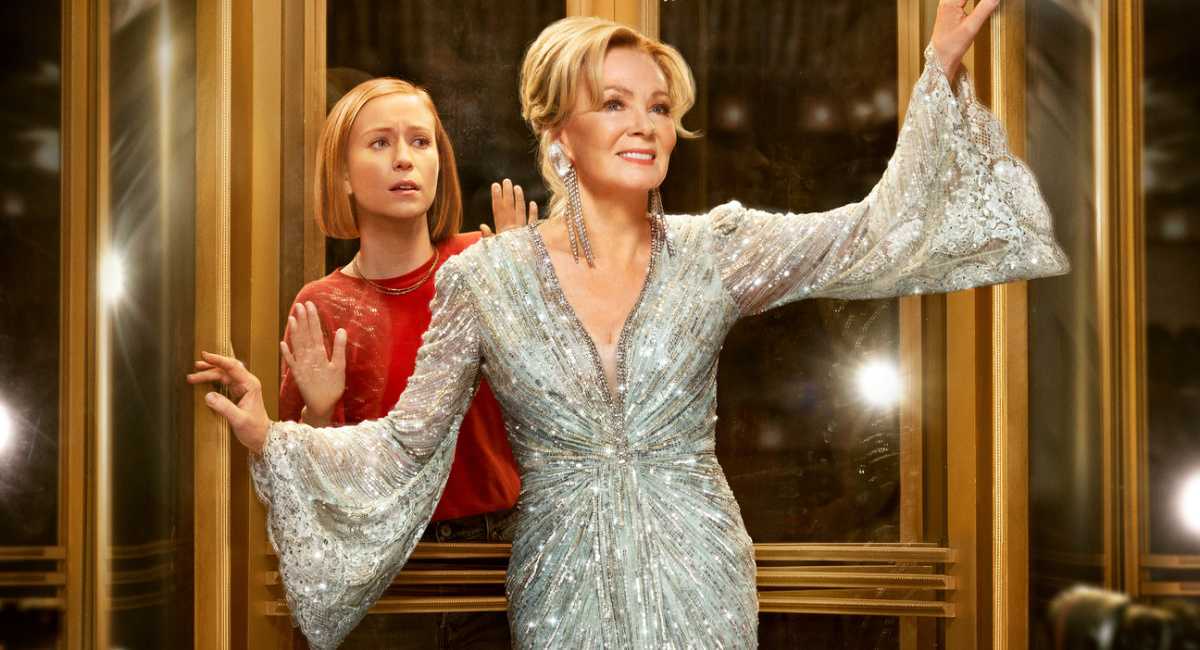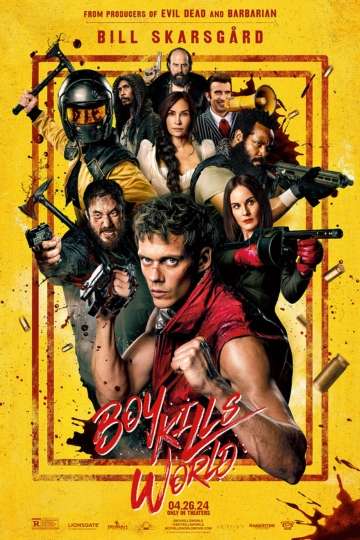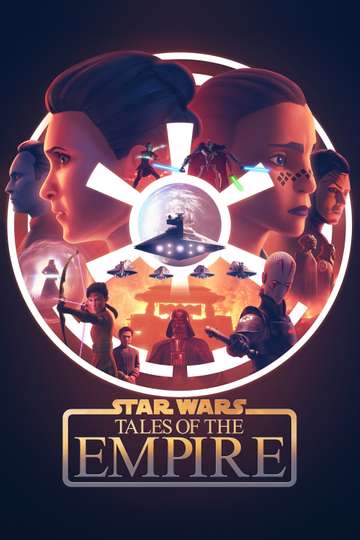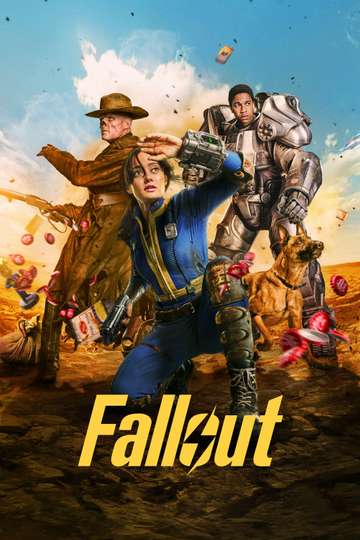Leonard Nimoy Dead at Age 83
There are few characters, in any cultural medium, as immediately identifiable as Spock from the original "Star Trek," with his bowl cut, sharp elfish ears, and laser-like eyebrows, his signature greeting ("Live long and prosper"), complete with hand gesture as recognizable as anything a boy scout would offer, and his emotionally detached, coolly logical way of gauging any situation, no matter how fearsome. Spock was an immortal character, authored by Gene Roddenberry, but it was the actor who brought him to life, Leonard Nimoy, that made that character a staple of the pop cultural landscape for decades. Today Mr. Nimoy passed away at the age of 83. He will be missed on this and many other planets.
Nimoy will always be remembered as Spock, both on the original "Star Trek" TV series and in a number of feature films, including the two most recent "Star Trek" outings directed by J.J. Abrams, where he coyly interacted with the younger version of the character now played by Zachary Quinto. (In recent years Nimoy also appeared on Abrams' outré sci-fi series "Fringe.") He was a poet, an author, and appeared on stage frequently. He directed the "Body Wars" attraction at the now defuct Wonders of Life pavilion in EPCOT. He appeared as himself on "The Simpsons," reenacting his role as host of the pseudo-documentary series "In Search Of." He was on "Mission: Impossible" for two seasons. He pretty much did it all.
What's so fascinating about Nimoy and his characterization of Spock is that Spock was supposed to be the logical, uninvolved voice of reason for the series, as opposed to Captain Kirk's more full-hearted (but oftentimes misguided) pursuits. But it was really Nimoy's performance as Spock that gave the series its heart. Roddenberry called Nimoy the "conscious of the show." But that's not right, exactly. Because somehow, with Nimoy's performance, the character with the least amount of emotion became the one you loved the most. There's a reason that Abrams went to Nimoy when rebooting the popular series; he knew that without Nimoy, there was no "Star Trek."



